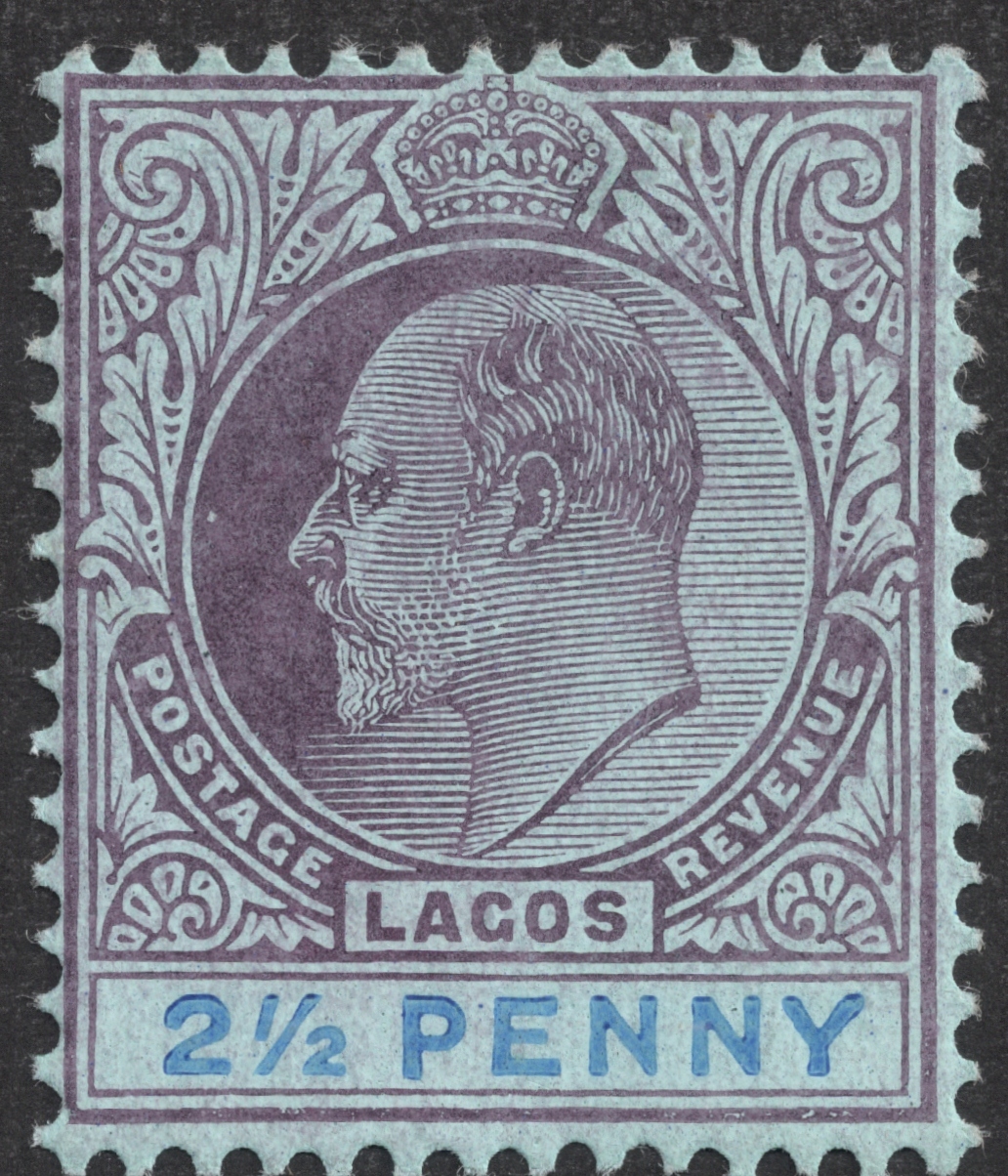Lagos was originally inhabited by the Awori subgroup of the Yoruba people in the 15th century. Under the leadership of the Oloye Olofin, the Awori moved to an island now called Iddo and then to the larger Lagos Island. In the 16th century, the Awori settlement was conquered by the Benin Empire and the island became a Benin war-camp called “Eko” under Oba Orhogbua, the Oba of Benin at the time.
Lagos (Portuguese for “lakes”) was a name given to the settlement by the Portuguese. Portuguese explorer Rui de Sequeira visited the area in 1472, naming the area around the city Lago de Curamo, which means Lake of Curamo. Another explanation is that Lagos is named after a major port in Portugal—a maritime town that, at the time, was the main centre of Portuguese expeditions down the African coast.
In Britain’s early 19th century fight against the transatlantic slave trade, its West Africa Squadron or Preventative Squadron as it was also known, continued to pursue Portuguese, American, French and Cuban slave ships and to impose anti-slavery treaties with West African coastal chiefs with so much doggedness that they created a strong presence along the West African coast from Sierra Leone all the way to the Niger Delta and as far south as Congo.
In 1849, Britain appointed John Beecroft Consul of the Bights of Benin and Biafra. At the time of Beecroft’s appointment, the Kingdom of Lagos (under Oba Kosoko) was in the western part of the Consulate of the Bights of Benin and Biafra and was a key slave trading port. In 1851 and with pressure from liberated slaves who now wielded political and business influence, Britain intervened in Lagos in what is now known as the Bombardment of Lagos or Capture of Lagos resulting in the installation of Oba Akitoye and the ouster of Oba Kosoko. Oba Akitoye then signed the Treaty between Great Britain and Lagos abolishing slavery. The signing of the 1852 treaty ushered in the Consular Period in Lagos’ history wherein Britain provided military protection for Lagos.
Lagos was declared a colony on 5 March 1862. The remainder of modern-day Nigeria was seized in 1887, and when the Colony and Protectorate of Nigeria was established in 1914, Lagos became its capital, continuing as such after the country’s independence from Britain in 1960.
Blog
- Big Blue 1840-1940: Classical Stamps of Lagos
- Brixton-Chrome: Nigerian Stamps and Postal History
- Nigerian Stamps
- Nigerian Stamps and Postal History
- Stamp Forgeries: The Forged Stamps of Lagos




